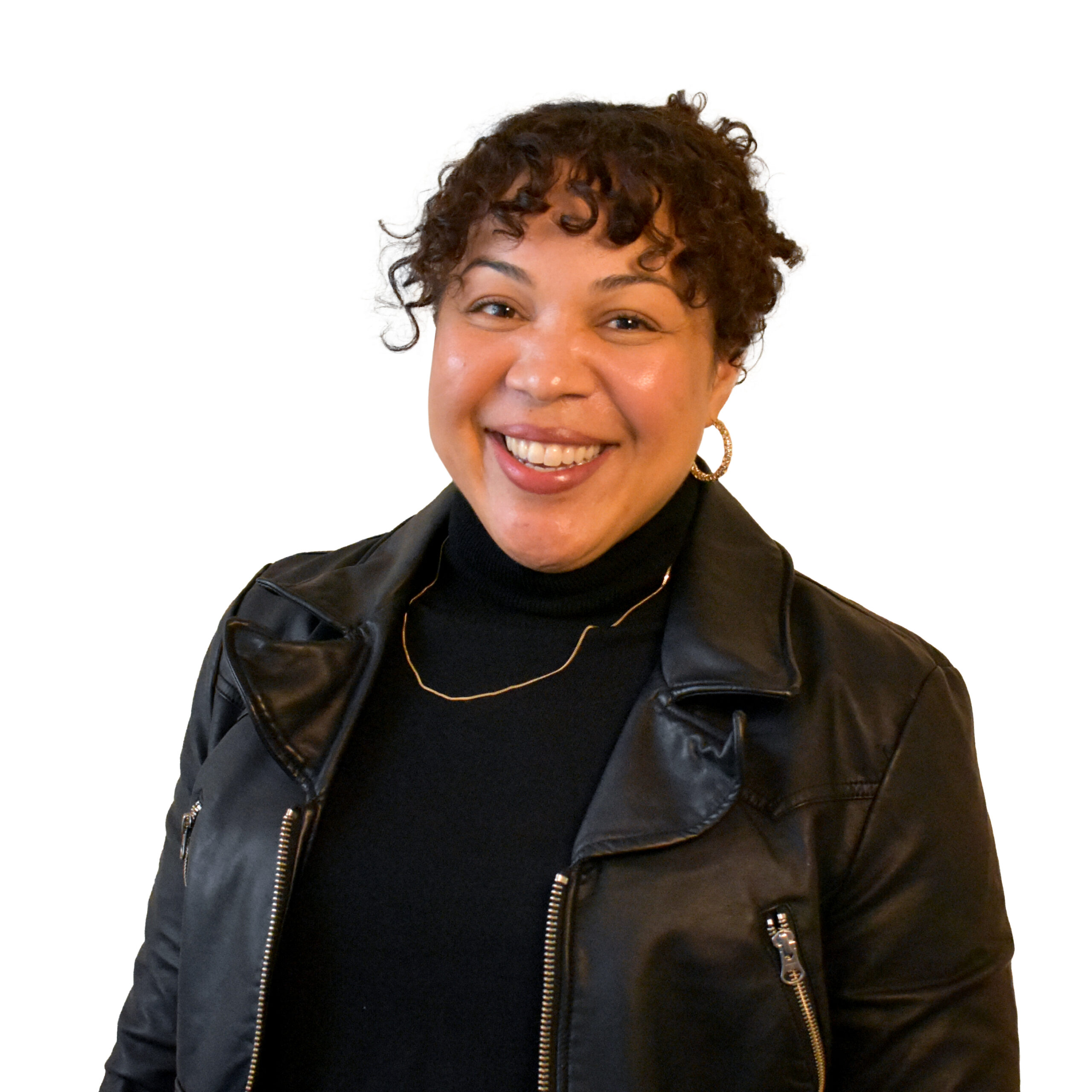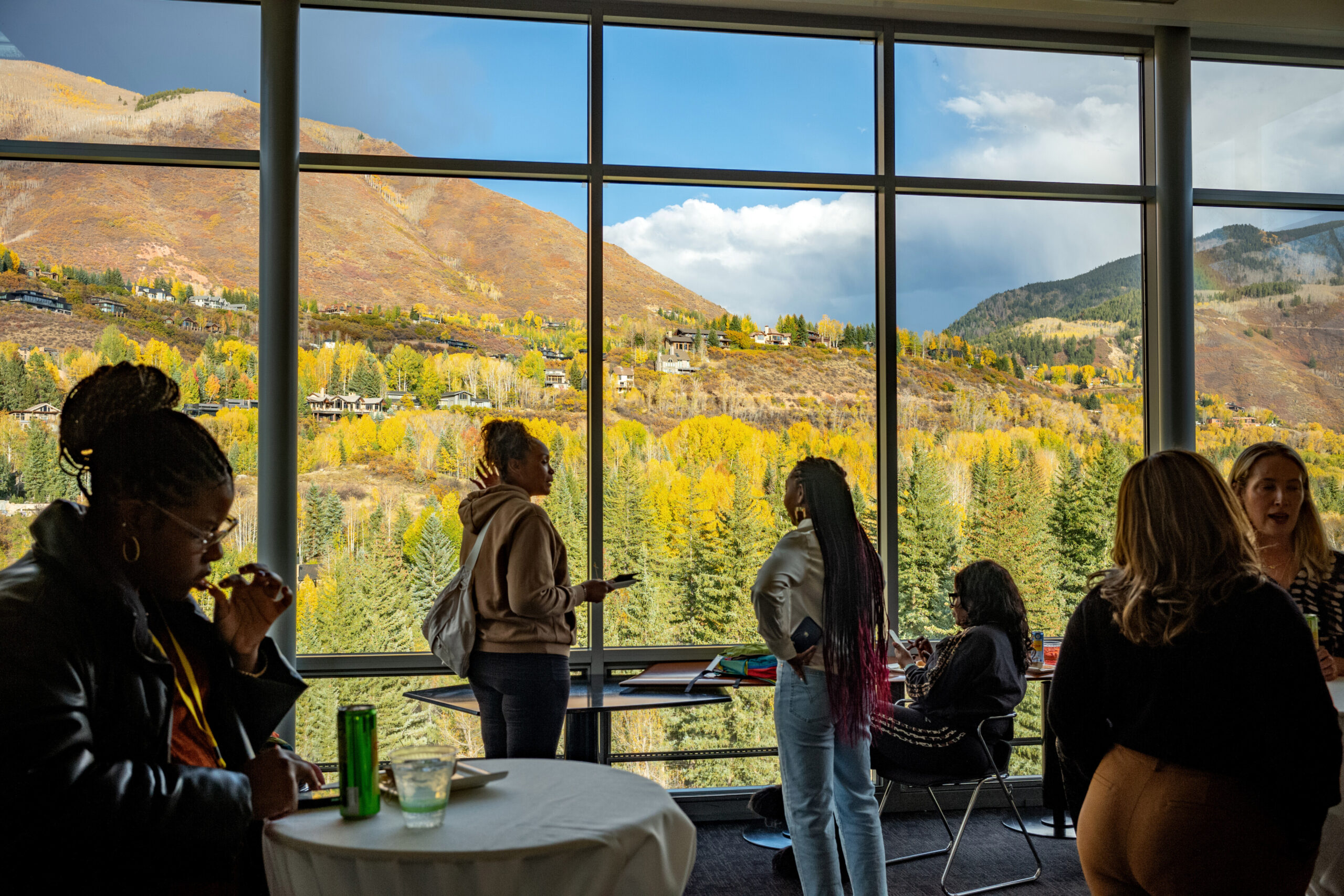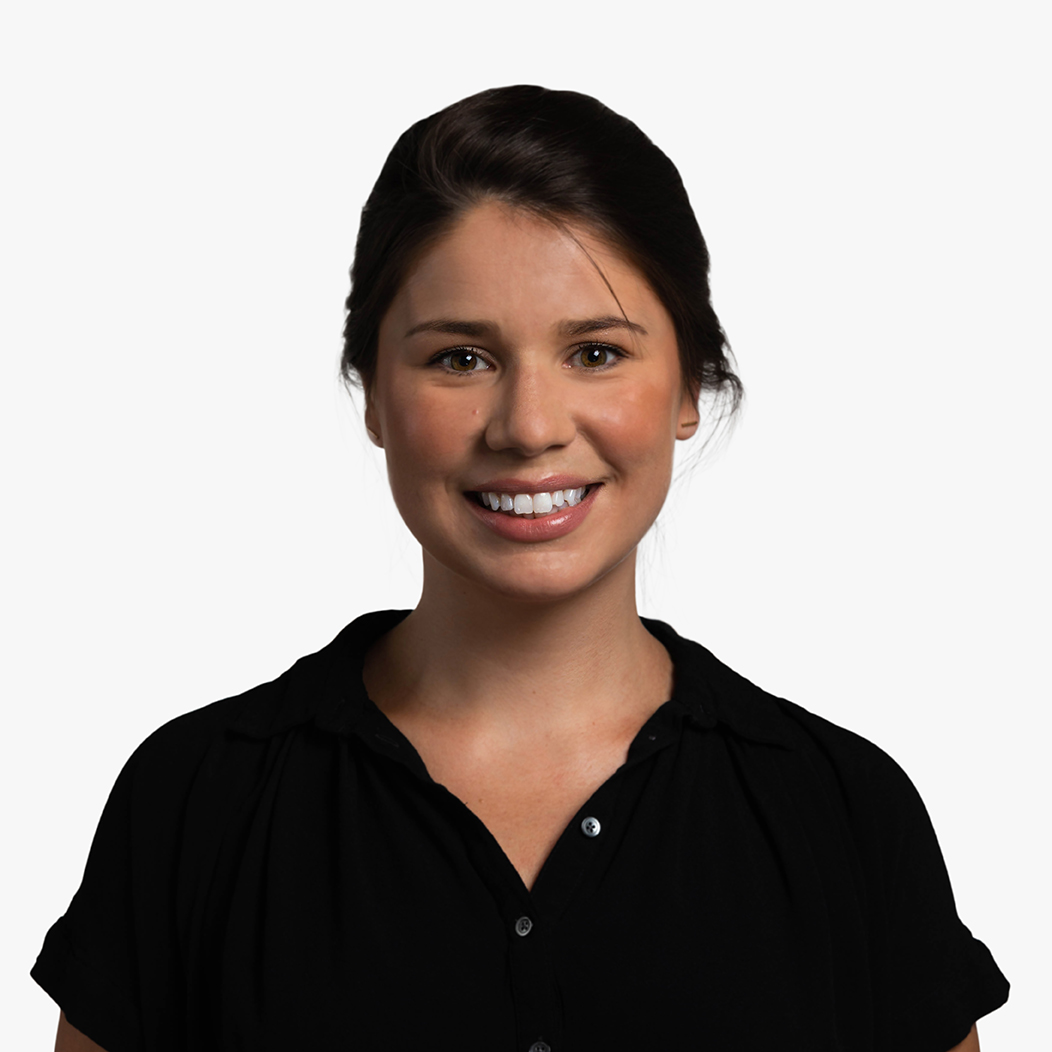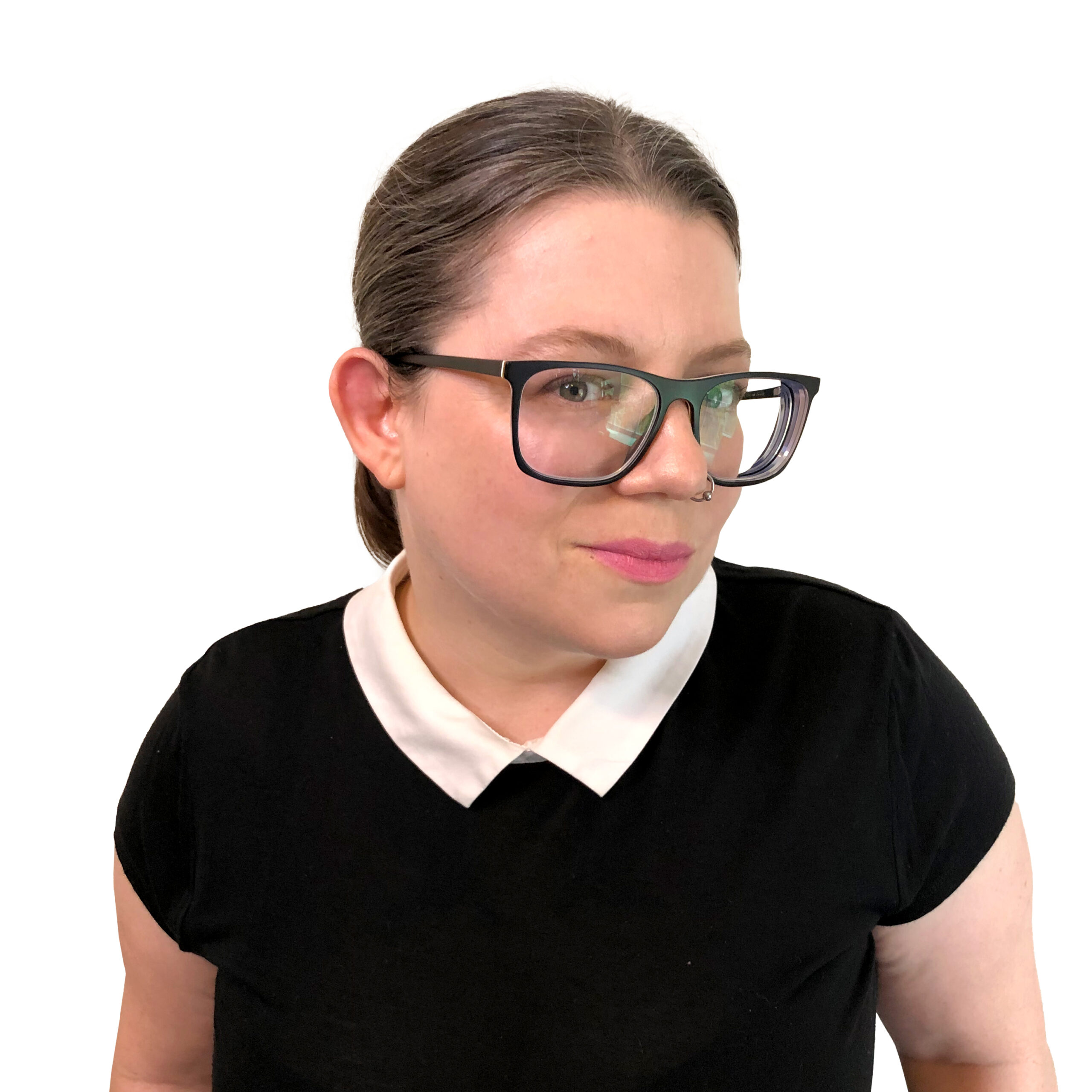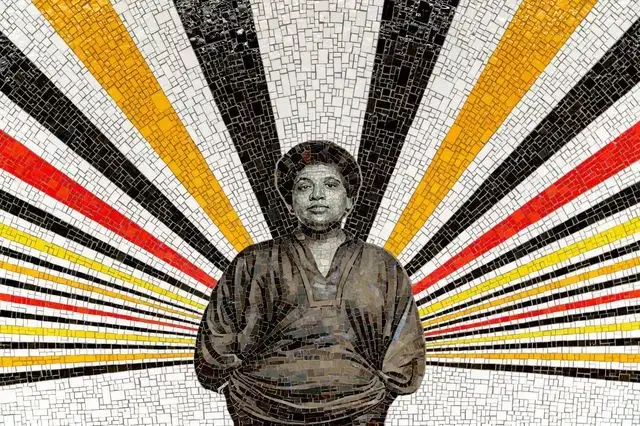
What Would Audré Do?
An Interview with Nitya Chambers and Liz Ott on the legacy of Threespot's first employee resource group.
Threespot in 2015 was a very different place than it is now (or so I’ve heard, given that I’ve only been here one year). Obama was still president, our offices were in Chinatown, everyone wore black to work every day… okay, well maybe not that different. But 2015 is a special year in our history. You see, back then, Threespot’s employee gender makeup had men as the clear majority across the organization.
One fateful day in January 2015, the women of Threespot came together to create a safe space to discuss their experiences inside and outside of the workplace. They created the #what-would-gloria-do slack channel, named for Gloria Steinem, the American feminist, journalist, and social-political activist. This became an online place where women could bring questions and thoughts to help support each other in their careers, soon expanding to an in-person quarterly convening over lunch. The group has since evolved to adopt the name #what-would-audre-do (or WWAD for short), after Audré Lorde, the American writer, feminist, womanist, librarian, and civil rights activist.
As we’re reflecting on our company’s past and gearing up for women’s history month, I caught up with one of the group’s founding members, Nitya Chambers. Nitya currently serves as SVP of Content and Executive Editor at Lonely Planet, but in 2015 Nitya brought her talents to Threespot as our Director of Content Strategy. In this interview, I got to know her perspective on why this group was created and her hopes for her legacy.
What was the culture like at Threespot that led to the creation of this group?
NC: The really amazing thing about the culture at Threespot that always really struck me was that there was a lot of space for the people that work there to shape the culture. It was such a community-oriented culture. It just felt so open. The Town Halls and the way that we gathered, and the way that we were always talking about how to be a better version of ourselves by recognizing the needs of the community around us and looking to fill spaces that we saw with new ideas and kind of improving the culture. That was really the backdrop and the encouragement for conceiving an opportunity like [What Would Audré Do].
What was happening within the company that helped shape WWAD?
NC: One of the things that were starting to happen at that time was a lot of women in rooms and situations, trying to figure out how to develop their voice.
I would get questions like ‘how do you navigate situations like that?’ Or ‘I saw you do something in a meeting. How did you learn to do that?’ Or ‘you sent an email and I feel like if I had tried to send that same email, it would have come off as really indecisive.’
LinkedIn wasn’t what it is now back then. You weren’t necessarily exposed in all these places to think pieces and Indra Nooyi quotes in a pretty design, right? You were looking to the environment around you to find examples and models that you could emulate. Just to be totally honest, most of the models I’d seen had men at the top. Men, in general, navigate spaces very differently than women do because they’ve always been given space to navigate the world in the way that they want to.
It was apparent there was an opportunity to create a community where more women could get to know more women and feel comfortable seeking solutions from each other.
It was an environment where we could give everyone access equitably. And I think the questions that we saw coming, and the themes we saw arising from those lunches, started to identify what the need was inside the company.
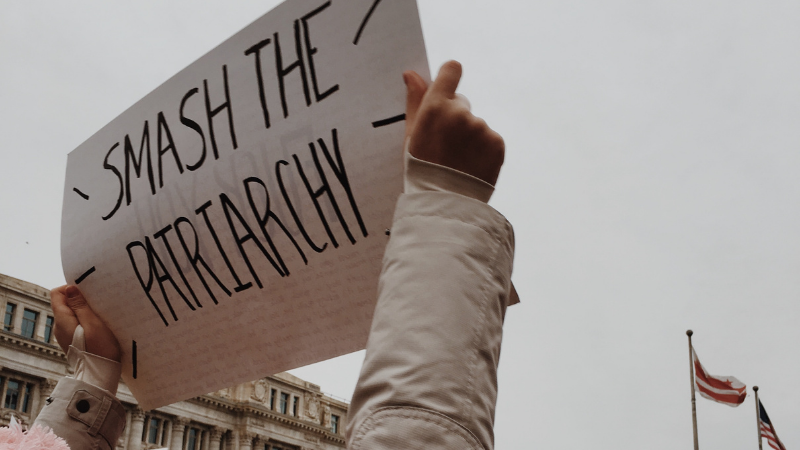
You’re a few years removed from Threespot now and have been navigating COVID-19 as a leader in your role at Lonely Planet. How do you feel the landscape has shifted in terms of what more junior women need, now?
NC: This is such a challenge…There is something to seeing people in the hallway at work that makes them accessible.
It’s a lot easier to email a random person and say ‘can I get 15 minutes with you? I would love to hear about your career’ when you pass them in the elevator and you said hi. There’s a connection that you make, however fleeting, that can embolden you to take a leap. There’s also a responsibility I feel to you because I saw you in the hallway and we made a connection.
Some of that exposure to different types of people and different types of ideas and different personalities and meetings is lost in this environment. I think there is a responsibility to figure out how to get that back.
The kind of interesting thing on the flip side is, I think Zoom creates a lot of equity. One of the things I’ve observed is a lot of people who speak up now who’ve never spoken up before, because in a room there’s someone at the head of the table and there are people that sit around them, and you’re constantly thinking about how important you are relative to where you sit in a conference room. On Zoom, everyone gets the same size box. And I think it’s interesting, just think about how that translates to in-person environments.
It’s interesting to gain your insight from having experienced leadership both inside and outside of Threespot. So, five years from now, which would be ~10 years after you helped start WWAD, what would you love to hear that it became?
NC: I’m so humbled that this group continued and evolved. I think it’s such a good reminder that the beginnings of things that are meaningful and lasting don’t have to happen with a lot of pomp and circumstance.
So I love that it’s still going. I also love that it changed to meet the needs of the people that work at the company because that was always the point. It was designed to meet a need and it’s really exciting and inspiring to know that it continued, but in a way that is open and flexible, and adaptable to change.
Threespot has a unique culture, serves unique clients, and a really unique mission. As WWAD grows, being able to bring some visibility to the intersection of those things would be compelling.
And I also think of it as a place to curate resources. There’s a lot of inspiration for other agencies and small companies. Because a big corporation like mine has an employee resource group for women and one for multiracial people and Asian people and LGBTQIA+ people, I think the fact that it doesn’t have to be that formal for it to be meaningful can be inspiring. So allowing that community to get bigger in a way that is meaningful and is still ultimately valuable for the people at Threespot.
Threespot’s current President Liz Ott joined us in this conversation to discuss her memory of its founding as well.
LO: One of the things about that first lunch that I remember was just that support that we can provide for each other. And leveraging that and taking advantage of that. It’s interesting to think about today whether people feel more empowered by that or not. And whether that’s something they need or would find value in. Are younger women in their careers already finding that natural support?
Liz, as a participant in the founding of WWAD I’d love to hear what you hope to see it become in five years.
LO: That first day I remember hearing [current Director of Finance] Charlotte speak and thinking ‘you understand the same things that I’m trying to navigate too.’ So, that’s something that I want to make sure new employees coming in are feeling. How do you refresh that feeling as people come in and that community evolves? How do we welcome people, but also make sure we’re continuing to build resources and strength together in these conversations. I think that’s been the challenge with maintaining it.
I guess in terms of where I would want to see it in five years… I want more of that. I sometimes question with me being in this role, if that’s created more of a barrier or do people still feel like they can go to each other. I want to make sure that’s continuing. And maybe even looking at WWAD as a model for other groups.
We’ve talked about this at Threespot in terms of how to mimic that on the equity front. We’ve talked about it in terms of even gender within our group and what that looks like now that we are looking at a more non-binary view of gender. What that looks like for this group and what that means and who’s involved and how we can empower everyone. I want to keep it going in a way that it’s providing value. A big part of that is what Nitya spoke to — the ability to adapt and not be a cookie-cutter version of how it started, but being able to evolve.
